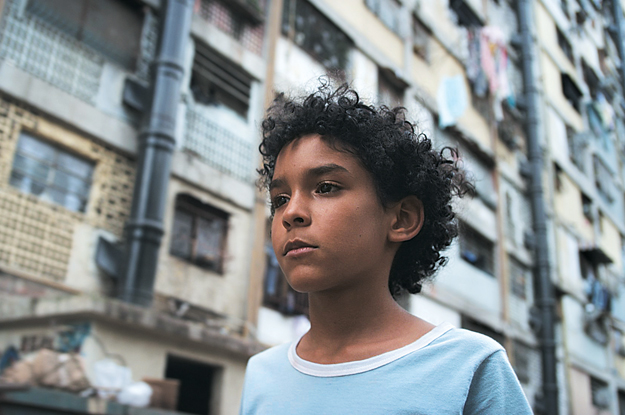Pelo Malo is an interesting look into the world of Venezuelan culture. I think that the use of Junior's hair as the plot point through throughout the film is an interesting way to explore his culture but also what Junior wants to be. Junior tries many different ways to straiten his hair much to his mother's disapproval and this creates lots of tension within the Junior and his mother. The thing I want to discuss in this blog is how that tension was used in the film. The movie itself can be hard to watch at times because you feel bad for junior unable to find the support he wants and the hostility between him and his mother adds to this. But there are also times in the film where these moments of tensions can create some beautify done scenes. The scene I want to use as an example is the scene we watched in class where junior cuts his hair. This is obviously a very hostile moment between Junior and his mother and this is evident in the stares they give each other. Particularly the look that Junior gives to his mother shows how he feels about the situation. He obviously does not want to cut his hair but he knows that it is the only way to keep living with his mom. Basically what I am trying to say is that the film has interesting ways of using tension and hostility in the film.
 |
| Still from Pelo Malo |
Comments
Post a Comment